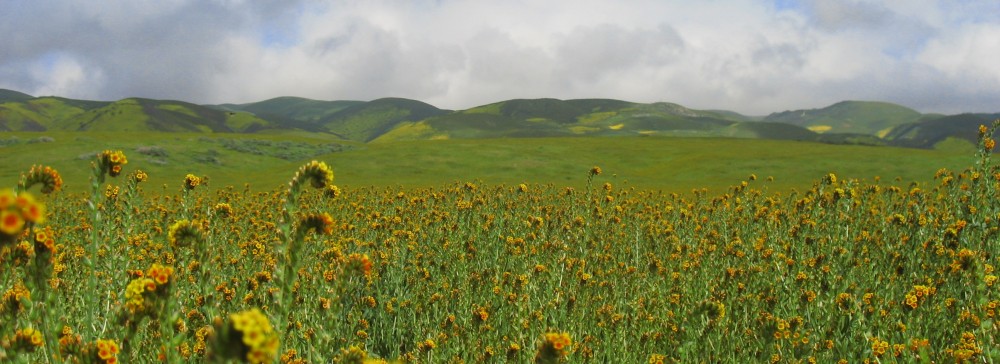Pollinated foods provide many of the micronutrients that are essential for human health, including vitamin A (important for growth and development), folic acid (aka folate; helps prevent birth defects), and iron (makes it possible for our bodies to transport oxygen in the blood). However, due to pollinator declines coupled with agricultural intensification (more conventionally managed commercial monocultures), there may be pollinator deficiencies that target certain areas of the globe more than others. A recent paper in the Proceedings of the Royal Society of Britain mapped the overlap of pollinator deficiencies, pollinator-dependent crops that produce high amounts of vitamin A, iron, and folate, and regions with high micronutrient deficiencies. By doing this they hope to highlight areas where pollinator conservation can be targeted to benefit agricultural yields and curb malnutrition.
The authors found that crops providing vitamin A are about 50% pollinator dependent. Top pollinator-dependent crops that are a source of vitamin A are mango, melon and pumpkin, although this varies by region (e.g. okra in India; guava in Thailand). Non-dependent crops include carrots and sweet potato. Only 12-15% of iron and folic acid providing crops require pollination, though some require pollination for production of seeds, but not of the part humans consume. Key crops include sesame, avocado, and pumpkin (with Halloween approaching, it is good to know pumpkin, which abounds right now, can provide us with many key micronutrients).
Areas that have the highest micronutrient deficiencies coincide with areas that grow pollinator-dependent crops which provide these nutrients. Southeast Asia, India, and central and southern Africa are hotspots for pollinator dependence of foods rich in micronutrients. The authors suggest that these areas be targeted for pollinator conservation in agriculture in order to bolster production of these key crops.
This is a very interesting area of study, which has not yet been explored, but can help set global priorities for production of micronutrient-producing pollinator-dependent foods that can help address food security and malnutrition needs.
Article citation: Chaplin-Kramer, Rebecca, et al. “Global malnutrition overlaps with pollinator-dependent micronutrient production.” Proceedings of the Royal Society B: Biological Sciences 281.1794 (2014): 20141799.
